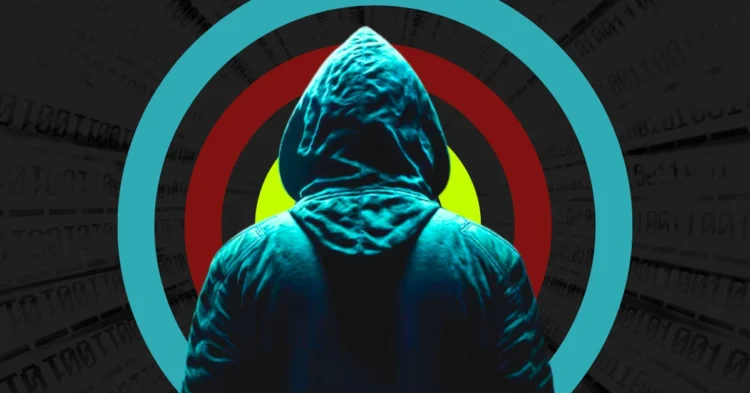The DeltaPrime DeFi Exploit: An Overview
In a significant setback for the decentralized finance (DeFi) community, DeltaPrime, a lending DeFi protocol, recently faced a substantial loss of over $4.8 million due to an exploit. This breach affected both the Arbitrum (ARB) and Avalanche (AVAX) networks, marking the second major hack on DeltaPrime within a short span of two months. The incident has once again highlighted the persistent security challenges that plague the DeFi sector.
Understanding the Exploit and Its Impact
On-chain security firm PeckShield was the first to report this exploit, identifying that the attacker manipulated DeltaPrime’s “claimRewards” contract. This vulnerability allowed the perpetrator to conduct fraudulent activities, exploiting the code logic to bypass crucial security measures. The attacker managed to siphon off approximately $4.8 million, raising alarms about the robustness of security protocols in place.
Further investigation revealed that the attacker deposited $1.3 million into LFJ (previously Trader Joe) and engaged in farming $USDC on the Stargate protocol. In response to this breach, DeltaPrime has temporarily halted its operations on both the Arbitrum and Avalanche networks, aiming to contain the risk and reassure stakeholders of their ongoing efforts to address the issue.
September Hack and Vulnerability Risks of DeltaPrime
The recent exploit is not an isolated incident for DeltaPrime. In mid-September, the protocol suffered a significant loss of $6 million due to the leakage of an administrator’s private keys. This series of attacks underscores the persistent security vulnerabilities within DeltaPrime and the broader DeFi landscape.
Expert Opinions on DeFi Security Challenges
Crypto security experts have voiced concerns over the inadequate protection of many DeFi protocols. The vulnerability within the claimRewards contract, which allowed unauthorized fund transfers, could potentially have been mitigated with thorough code audits and comprehensive security checks. However, security researchers caution that while audits provide a framework for reducing risks, they do not offer absolute safety, especially for DeFi protocols managing large sums of money.
Enhancing Security Measures in DeFi
As the DeFi industry continues to evolve, the need for robust security measures becomes increasingly critical. Protocols must prioritize regular security audits, implement real-time monitoring systems, and establish contingency plans to swiftly respond to potential threats. Building trust within the DeFi community hinges on the ability to safeguard user funds and maintain the integrity of decentralized financial systems.
For stakeholders and users, staying informed about potential vulnerabilities and engaging with platforms that demonstrate a commitment to security can help mitigate risks. As DeltaPrime and other DeFi protocols work to strengthen their defenses, the broader industry must also collaborate to establish best practices and standards for security.










